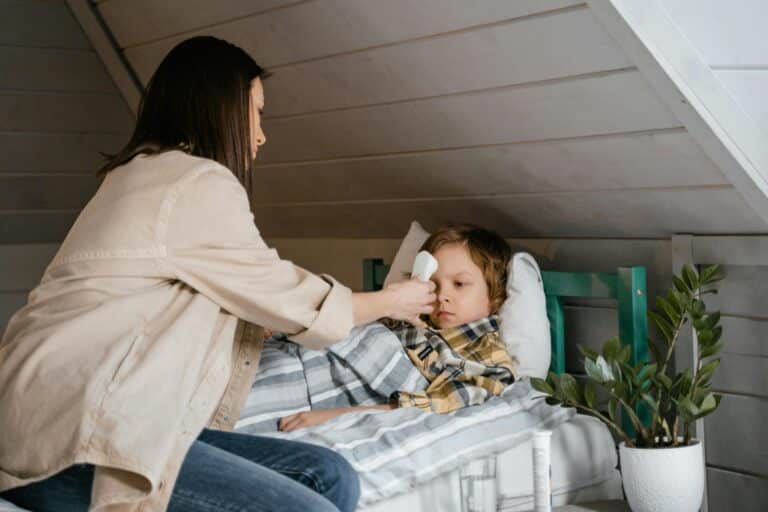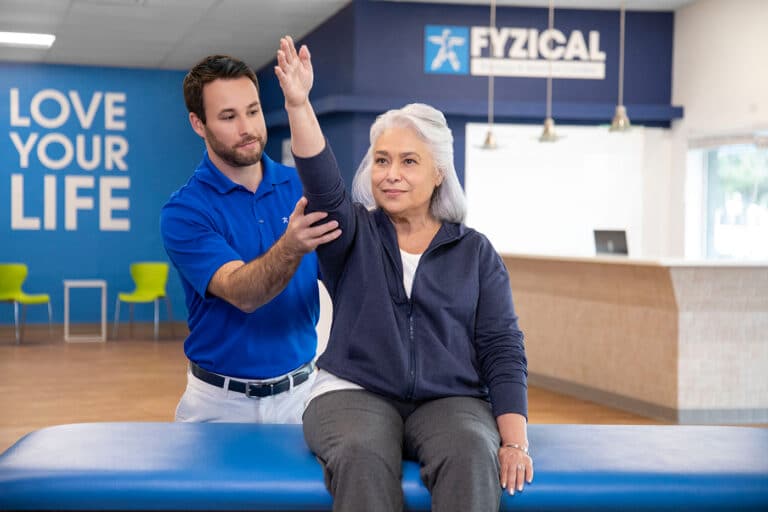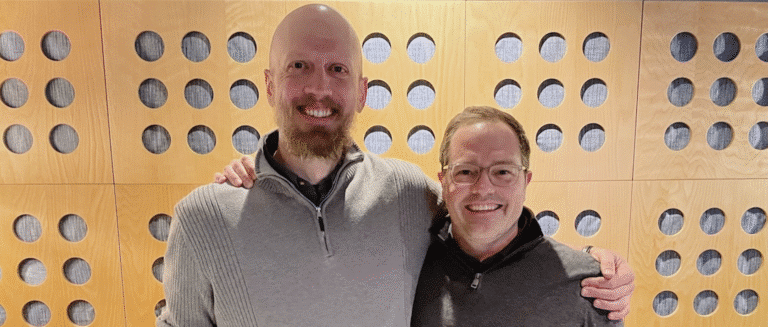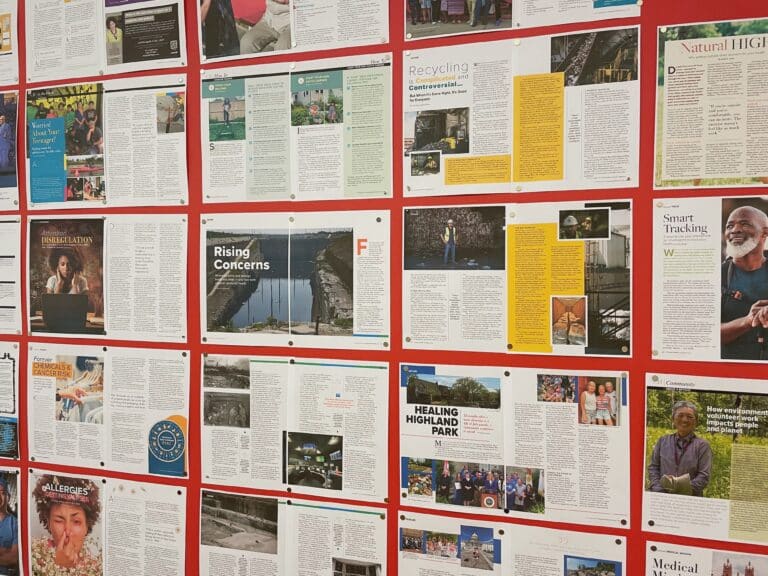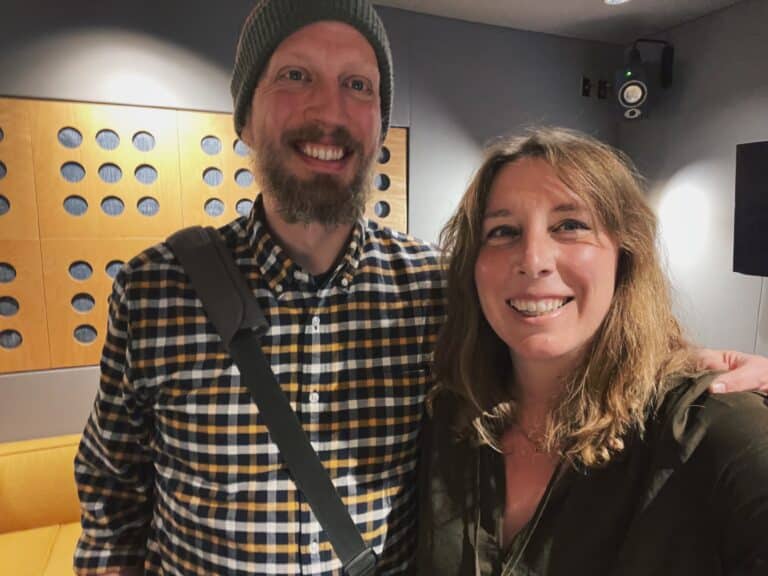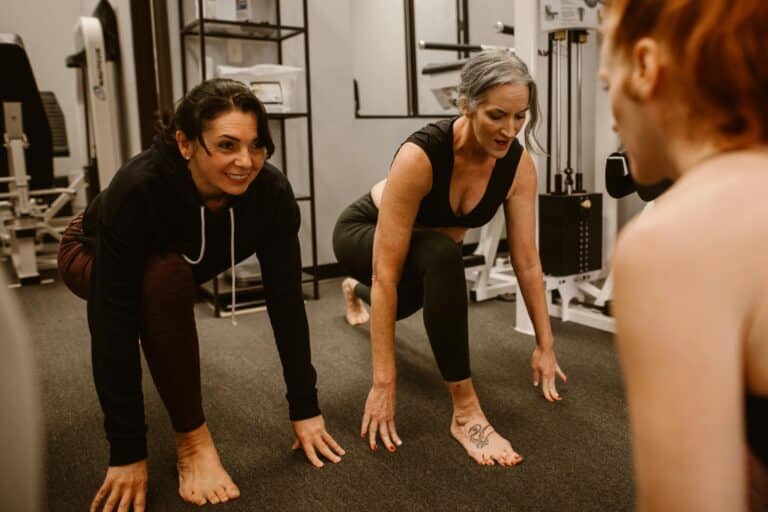Less than a decade ago, the field of aging was a sleepy sector of innovation. Now, with the recent rise of advances in medical technology, coupled with the surge of baby boomers, aging is ripe for innovation. An estimated 3.6 million Americans will turn 65 every year until 2029. That fact has awakened the market to new possibilities in aging-related solutions.
Aging2.0 is a five-year-old, San Francisco-based organization with a mission to improve the lives of older adults worldwide through innovation. Tamara Jurgenson, head of Aging2.0’s Chicago chapter, says that Aging2.0’s biggest achievement in its short existence is that “it has developed a thriving global network that is serving to help foster innovation around the greatest challenges and opportunities in aging.”
Chicago is one of the organization’s 48 American and international chapters. The local chapter’s membership includes established players such as Mather Lifeways, Medline, CDW, start-ups at all stages, and individuals who simply share the passion and want to get involved.
Fueled by the energy of young tech entrepreneurs, Aging2.0 is seeking to spur innovation in care coordination, mobility, family caregiving, financial security and medication management. One such innovative program was a local startup pitch event hosted by Aging2.0 in Chicago in March. The event brought together local startups to compete for national recognition and seed funding.
Seven entrepreneurs presented their startup projects before a five-judge panel boasting healthcare and investor experience. The entrepreneurs spoke about the steps they are taking to make important advances in healthcare as well as to realize their dream. Several presenters became involved in the healthcare arena through watching family members suffer.
Carrie Shaw told of being a caregiver at age 19 to help her mother deal with early-onset Alzheimer’s disease. Ten years later, she is the CEO of Embodied Labs, which creates immersive virtual reality experiences to teach healthcare providers the everyday reality of their patients.
Presenter Tavis Schriefer co-founded teleCalm, an phone service that enables a caregiver to protect a family member living with Alzheimer’s or other dementias, as was the case with his mother. The service allows a caregiver to create an approved list of callers. All unwanted calls from telemarketers or scammers are blocked. The app also restricts outgoing calls on the patient’s phone to prevent any compulsive shopping.
Star Cunningham, who founded 4DHealthware, has already received a lot of media attention from USA Today, Chicago Tribune, Entrepreneur and ChicagoInno. Her startup offers a chronic disease management tool that wirelessly collects health data to better help patients adhere to treatment plans. It also lets physicians continuously track patient progress. Patients get push messages throughout the day encouraging them to stay on course toward their goals.
While all the presenters had compelling stories, the judges chose i65 as the winning entry. This tech innovator is a software provider to medical professionals, financial planners and HR professionals, helping them guide seniors in making informed Medicare decisions best suited to their needs. The judges chose the year-and-a-half-old company for its ability to have a quick impact and wide population penetration.
i65’s problem with gaining greater acceptance to date, says Melinda Caughill, i65’s co-founder and chief marketing officer, is that investors don’t know in what silo to place it. It’s not in the healthcare sector, nor insurance since they don’t sell insurance products, nor the financial technology sector. Winning the pitch event, Caughill says, “finally gave us a home … and a place in the aging space.”
i65 beat out the competition because of the practicality of its product, says John Holton, director of the Center for Gerontology at Concordia University Chicago and one of the five judges at the pitch event. “They were the only presenters who had a plan with a direct line leading from product to profit,” he says.
Jurgenson claims investor interest in aging has been growing at “warp speed.” It seems that innovations in aging programs, a once sleeping area, is ready to take off.

